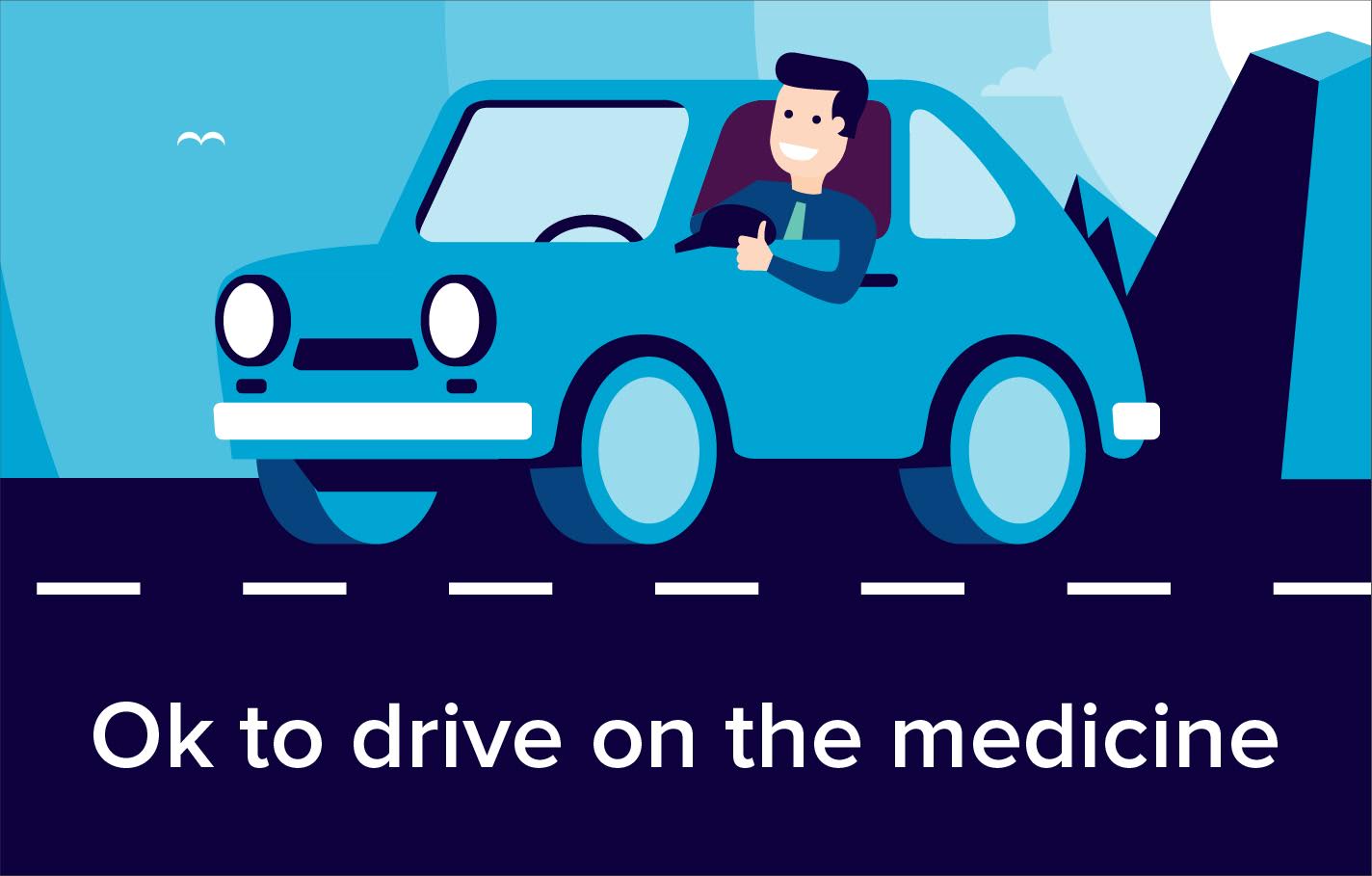Eliquis tablets contain the active ingredient apixaban, which is a type of medicine called an anti-thrombotic. It is used to stop blood clots forming within the blood vessels.

What is it used for?
- Preventing dangerous blood clots in the veins (venous thromboembolism) in adults who have undergone elective total hip or knee replacement surgery.
- Treating blood clots in the veins of the legs (deep vein thrombosis) or in the lungs (pulmonary embolism).
- Preventing recurrent deep vein thrombosis and pulmonary embolism.
- Preventing the formation of blood clots that can cause a stroke or blockage of other blood vessels in the body in people with a type of irregular heartbeat called atrial fibrillation (AF).
How does it work?
- Eliquis tablets contain the active ingredient apixaban, which is a type of medicine called an anti-thrombotic. It is used to stop blood clots forming within the blood vessels.
- Blood clots usually only form to stop bleeding that has occurred as a result of injury to tissue in the body. The blood clotting process is complicated. When blood begins to clot, a cascade of chemicals is activated within the body, resulting in the formation of an enzyme called thrombin.
- Thrombin is central to the complete process of blood clotting. It causes a protein called fibrinogen to be converted into another called fibrin. Fibrin binds blood cells called platelets together and this forms the blood clot. This is the body's natural way of repairing itself.
- Sometimes however, there is an increased tendency for blood clots to form within the blood vessels. This is usually due to a disturbance in the blood flow within the blood vessels. For example, people with a type of fast irregular heartbeat called atrial fibrillation (AF) are at risk of blood clots forming, both within the heart and in the blood vessels. This is because the abnormal heart rhythm disrupts blood flow in the blood vessels. Clots in the heart can detach and travel to the brain, causing a stroke. Clots can also travel in and block other blood vessels around the body.
- After hip or knee replacement surgery there is also a risk of blood clots forming in the blood vessels. This risk is increased by being immobile for long periods of time following the surgery, as a result of slowed blood flow in the leg and pelvic veins. A clot that forms in the veins of the leg is called a deep vein thrombosis. These dangerous blood clots can travel to the lungs, causing a serious condition called a pulmonary embolism.
- Apixaban is used to prevent and treat these types of blood clots. It works by binding to a substance called factor Xa, which is required for the formation of clotting components thrombin and fibrin. By binding to factor Xa apixaban helps prevent the formation of blood clots.
How do I take it?
- Eliquis tablets can be taken either with or without food. They should be swallowed with a drink of water.
- The dose prescribed and how long the medicine needs to be taken depends on the reason for taking the medicine. It is important to follow the instructions given by your doctor. These will be printed on the dispensing label that your pharmacist has put on the packet of medicine. If you are unsure about anything, ask your pharmacist for advice.
- The tablets are usually taken twice a day, morning and evening. Try to always take them at the same times each day.
- If you forget to take a tablet, you should take one as soon as you remember and then continue taking the tablets twice a day at your usual times.
- Do not stop taking this medicine until you have been advised to by your doctor.
- The medicine is usually taken twice a day for 10 to 14 days following a knee replacement and for 32 to 38 days following a hip replacement.
- To treat a blood clot in the leg or lungs the medicine is usually taken twice a day at a high dose for seven days and then twice a day at a reduced dose for three to six months. To prevent recurrent blood clots in the legs or lungs the dose is further reduced after the six months of treatment, and this is continued twice a day on a long-term basis. Follow the instructions given by your doctor.
- For preventing blood clots in people with AF the medicine is usually taken twice a day on a long-term basis.
Use with caution in
- People with severely decreased kidney function.
- People with mild to moderately decreased liver function.
- People with an increased tendency to bleed, for example due to blood clotting disorders such as haemophilia, or the conditions listed below.
- People with low numbers of blood cells called platelets in their blood (thrombocytopenia).
- People with uncontrolled very high blood pressure (hypertension).
- People having spinal or epidural anaesthesia or injection into the spine.
- People who have an indwelling catheter in their spine for pain relief after the surgery.
- People taking medicines that may increase the risk of bleeding, for example non-steroidal anti-inflammatory drugs (NSAIDs, eg diclofenac), SSRI antidepressants, eg fluoxetine, or antiplatelet medicines such as low dose aspirin or clopidogrel.
Not to be used in
- People with active severe or dangerous bleeding.
- People with a disease or condition in an organ that significantly increases the risk of major bleeding, for example, ulcerative diseases of the intestines such as peptic ulcers or ulcerative colitis, or cancers at high risk of bleeding.
- People with known or suspected oesophageal varices, which are dilated veins in the foodpipe that are usually a complication of liver cirrhosis.
- People who have recently had any bleeding inside the skull.
- People who have recently had brain, spinal or eye surgery.
- People who have recently had a brain or spinal injury.
- People with malformations or abnormalities of the blood vessels.
- People taking other anticoagulant medicines to treat or prevent blood clots, such as warfarin or heparin (except when switching treatment to or from Eliquis).
- People with liver disease associated with blood clotting problems and an increased risk of bleeding.
- This medicine is not recommended for people with severely decreased liver function.
- This medicine is not recommended for people having dialysis for kidney failure.
- This medicine is not recommended for people having surgery for a hip fracture.
- This medicine is not recommended for people with an artificial heart valve.
- This medicine is not recommended for children and adolescents under 18 years of age, as its safety and effectiveness have not been established in this age group.
- Eliquis tablets contain lactose and should not be taken by people with rare hereditary problems of galactose intolerance, the lapp lactase deficiency or glucose-galactose malabsorption.
- This medicine should not be used if you are allergic to any of its ingredients. Please inform your doctor or pharmacist if you have previously experienced such an allergy.
If you feel you have experienced an allergic reaction, stop using this medicine and inform your doctor or pharmacist immediately.
Pregnancy and breastfeeding
Certain medicines should not be used during pregnancy or breastfeeding. However, other medicines may be safely used in pregnancy or breastfeeding providing the benefits to the mother outweigh the risks to the unborn baby. Always inform your doctor if you are pregnant or planning a pregnancy, before using any medicine.
- The safety of this medicine for use during pregnancy has not been established. It is not recommended for use in pregnant women. Seek medical advice from your doctor.
- It is not known if this medicine passes into breast milk. Mothers who need treatment with this medicine should not breastfeed. Seek medical advice from your doctor.
- Side effects
- Medicines and their possible side effects can affect individual people in different ways. The following are some of the side effects that are known to be associated with this medicine. Just because a side effect is stated here does not mean that all people using this medicine will experience that or any side effect.
Common
- Bleeding, this may include nosebleeds, bleeding gums, bleeding from the rectum, vaginal bleeding or bleeding from the urethra that stains your urine pink.
- Bruising.
- Blood in the urine.
- Anaemia.
- Feeling sick.
Uncommon
- Decrease in the numbers of platelets in the blood (thrombocytopenia).
- Low blood pressure.
- Bleeding in the brain or spinal column.
- Bleeding in the eyes.
- Bleeding in the gut, vomiting blood or blood in the stools.
- Bleeding, weeping or bruising of a surgical wound.
- Alteration in results of liver function tests.
- Elevated bilirubin levels - causing yellowing of skin and eyes.
- Hypersensitivity reactions such as rash, itching, hives or swelling of the lips and face.
Rare
- Bleeding in the muscles.
- Coughing up blood.
The side effects listed above may not include all of the side effects reported by the medicine's manufacturer.
For more information about any other possible risks associated with this medicine, please read the information provided with the medicine or consult your doctor or pharmacist.
How can this medicine affect other medicines?
It is important to tell your doctor or pharmacist what medicines you are already taking, including those bought without a prescription and herbal medicines, before you start treatment with this medicine. Similarly, check with your doctor or pharmacist before taking any new medicines while taking this one, to make sure that the combination is safe.
The medicines listed below increase the blood level of apixaban, which could increase the risk of bleeding. Apixaban is not recommended for people taking these medicines:
- azole antifungal medicines such as ketoconazole, itraconazole, posaconazole and voriconazole
- protease inhibitors such as atazanavir, boceprevir, darunavir, fosamprenavir, indinavir, lopinavir, nelfinavir, ritonavir, saquinavir, telaprevir and tipranavir.
This medicine will enhance the effect of other anticoagulant medicines used to treat and prevent blood clots, such as those listed below. For this reason, it should not be used in combination with these medicines (except if treatment is being switched to or from Eliquis):
- acenocoumarol
- argatroban
- bivalirudin
- dabigatran
- danaparoid
- fondaparinux
- heparin (unless this is being used to stop blood clots forming in a central line)
- low-molecular weight heparins, eg dalteparin, enoxaparin, tinzaparin
- lepirudin
- phenindione
- rivaroxaban
- warfarin.
There may be an increased risk of bleeding if this medicine is used in combination with other medicines that can affect blood clotting, such as those listed below:
- aspirin (including low-dose aspirin to 'thin the blood')
- clopidogrel
- dextran
- dipyridamole
- duloxetine
- glycoprotein IIb/IIIa receptor antagonists, eg abciximab, eptifibatide and tirofiban
- non-steroidal anti-inflammatory drugs (painkillers such as diclofenac, ibuprofen, naproxen) - while you are taking this medicine you should only take these types of painkillers on the advice of a doctor
- prasugrel
- SSRI antidepressants such as fluoxetine, fluvoxamine, paroxetine, citalopram
- sulfinpyrazone
- thrombolytic agents (clot-busters), eg alteplase, streptokinase
- ticagrelor
- venlafaxine.
The following medicines may reduce the amount of apixaban in the blood, which could make it less effective at preventing blood clots:
- carbamazepine
- phenobarbital
- phenytoin
- rifampicin
- the herbal remedy St.John'st (Hypericum perforatum).
References:
https://www.eliquis.com/eliquis
http://www.netdoctor.co.uk/medicines/heart-and-blood/a8812/eliquis-apixaban/
https://www.drugs.com/eliquis.html
http://www.medicines.ie/medicine/15447/SPC/Eliquis+2.5+mg+film-coated+tablets/
https://www.eliquis.bmscustomerconnect.com/afib
https://www.eliquis.bmscustomerconnect.com/globalpage


